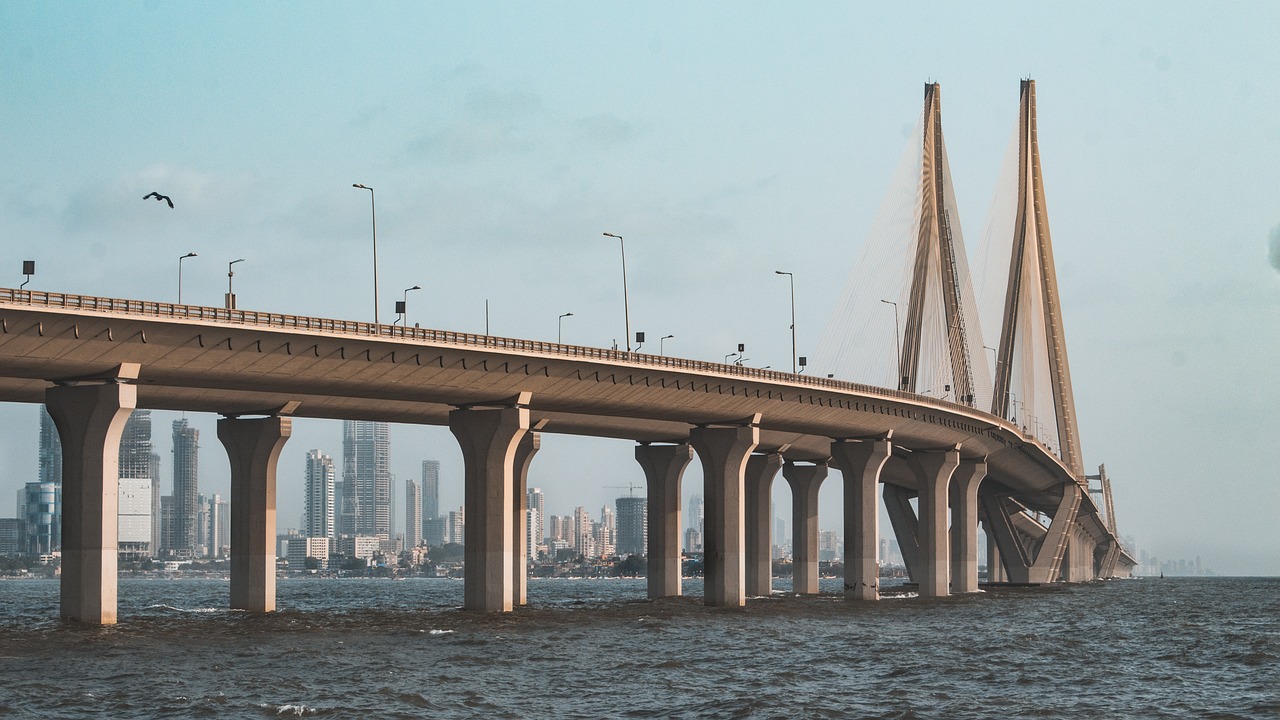In a jolt that has come up with hardly two weeks left for state assembly elections in Maharashtra, the Eknath Shinde-led Mahayuti government has announced zero tolls for light vehicles to enter Mumbai on October 14. These form part of a larger package of 165 decisions since September, through six meetings. With less than a fortnight left before elections, one would begin to see this as an attempt to win voters' minds.
It covers five large entry points into Mumbai: Vashi, Thane Naka, Dahisar, Mulund, and Airoli-and the commuters there have been complaining about entry tolls for decades. Chief Minister Shinde has lauded this decision as a "historic masterstroke", one that he said would ease traffic congestion, cut down pollution, and help middle-class families.
The Background: An Old Problem
Demand for toll-free entry into Mumbai hardly dates back to yesterday. For many decades, different political parties supported the cause. The movement itself was led by Maharashtra Navnirman Sena's chief, Raj Thackeray, between 2012 and 2014. But of course, they were not the only game in town; the undivided Shiv Sena and the Bharatiya Janata Party (BJP) also were anti-toll, often at loggerheads with the then Congress-Nationalist Congress Party (NCP) government.
Aaditya Thackeray of the Shiv Sena (Uddhav Balasaheb Thackeray) referred to the Waiver as a "jumla," meaning something of no consequence or just empty promises. He countered the ruling party by throwing back its hypocrisy in offering sops now, after "looting Maharashtra for two years." It would be an eleventh-hour effort to garner sympathy votes, he holds.
The Political Terrain
The stakes are particularly high in Mumbai for this election season. Even though the date for assembly polls is some time away, last year's Lok Sabha polls saw the Maha Vikas Aghadi (MVA) alliance of Shiv Sena (UBT), Congress, and NCP at a tight edge over the Shinde-led government as it won three of six seats. Now that MNS has announced that it would contest the assembly elections independently, the story will become rather complex for both factions of Shiv Sena.
Interestingly, MNS, led by Raj Thackeray, was in celebratory mode, distributing sweets at toll booths and hogging credit for waiving off the toll. Thackeray said, "It is a good thing that at least Mumbaikars have been freed from the toll," but he cautioned that the government must ensure that this was not an election gimmick.
Beyond the Toll Waiver Quite a few other important decisions, too, were taken at that cabinet meeting: formation of a company for bettering agriculture and government land for an administrative building in Thane. Sanctions were also sanctioned for a publicity campaign to further the cause of the Marathi language and to name a skill development university after the departed industrialist Ratan Tata. Each one is directed at touching multiple voter segments-the government will tackle all these issues.
History Behind the Toll Collection System: The Controversy
Toll collection in Mumbai has always been an extremely controversial issue. Since the late 1990s, MSRDC has been managing the toll collection in Mumbai, but it has employed methods that have been highly criticized. Activists argue that tolls had been collected in a terribly unfair manner; due to crumby legal frameworks and utter lack of transparency. That apart, criticisms have been aplenty regarding the fact that despite significant revenues from tolls amounting to over Rs 3,172.43 crore till December 2023, there's no improvement in the state of roads.
Also protests over the recent toll hikes, with allegations against private firms that received toll contracts that they are earning money at the expense of the public. Some activists such as Pravin Wategaonkar challenged the legitimacy of those toll agreements arguing that appropriate contractual frameworks did not exist over many years. Imagining the future: The Mumbai scenario Just as the state is set to face assembly elections, the easing of tolls indeed speaks volumes of a constant tussle between political parties and demands by ordinary citizens.
Will it really lighten the burden for Mumbaikars or a desperate pre-election ploy to garner more votes? As elections are nearing, it will be interesting to see how this judgment will resonate in electors' minds and influence the complex dance of political parties fighting for future mandates in Maharashtra. Giving Mumbaikars a breather from the exorbitant toll fees is welcome at this juncture, but only time will tell if it really helps in building enduring political goodwill. After all, the adage goes: "Actions speak louder than words," but the appointment of the election season's buildup and everything that goes with it requires tangible results from the government to get the nod of the people.



.webp)

.jpg)